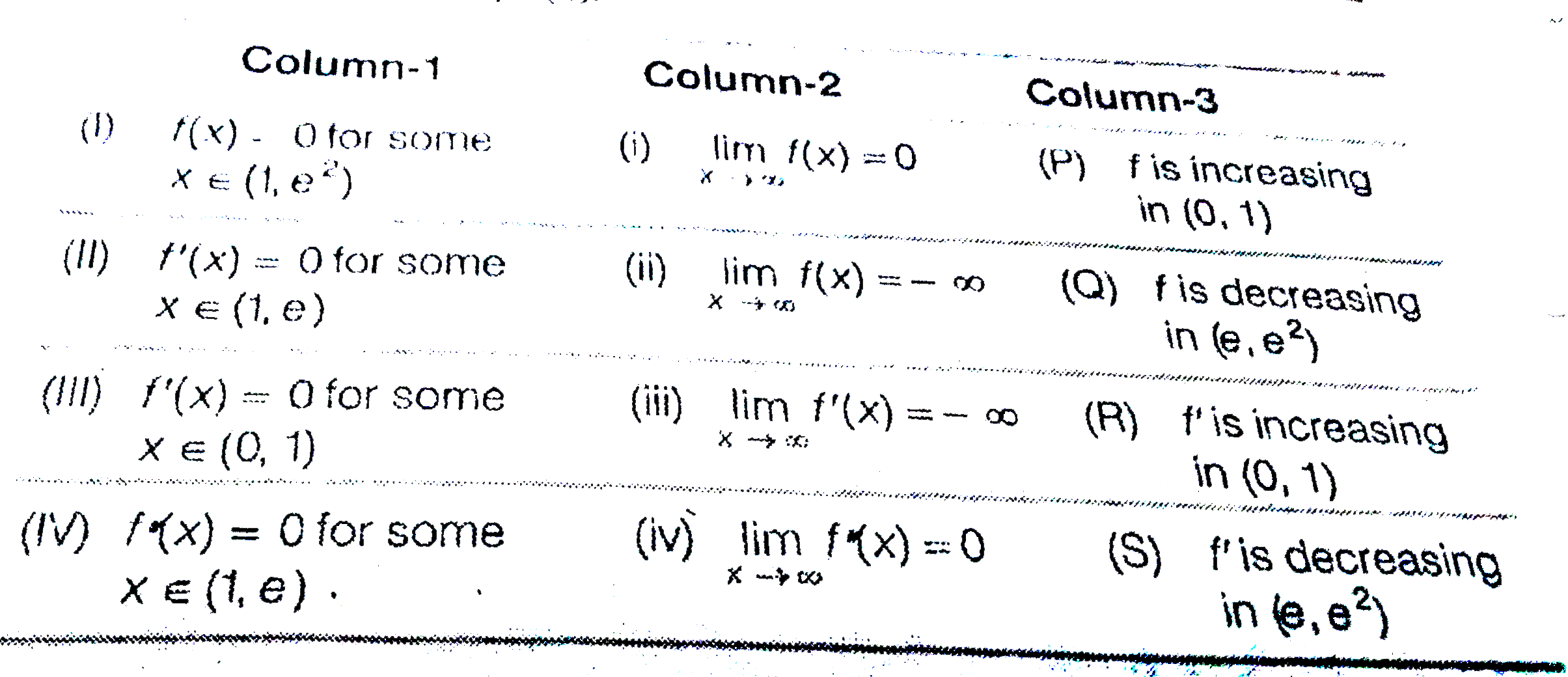Which of the following options is INCORRECT?
The number of terms in the A.P, 3, 6, 9, 12,..., 111 is 37.
If the first three terms of an A.P. are x-1, x + 1 and 2x + 3, then the value of x is 0.
The sum of first 'n' natural numbers is [n(n+1)2]2
None of these
The correct Answer is:C
To solve the question of identifying the incorrect option, we will analyze each option step by step.
Step 1: Analyze Option 1
Statement: The number of terms in the AP (Arithmetic Progression) 3, 6, 9, ..., 111 is 37.
Solution:
1. Identify the first term a=3 and the last term l=111.
2. The common difference d=6−3=3.
3. Use the formula for the n-th term of an AP:
an=a+(n−1)⋅d
Setting an=111:
111=3+(n−1)⋅3
4. Rearranging gives:
111−3=(n−1)⋅3⟹108=(n−1)⋅3
5. Dividing both sides by 3:
n−1=36⟹n=37
Conclusion: Option 1 is correct.
Step 2: Analyze Option 2
Statement: The first three terms of an AP are x−1,x+1,2x+3. Then, the value of x is 0.
Solution:
1. For the terms to be in AP, the middle term must be the average of the other two:
x+1=(x−1)+(2x+3)2
2. Simplifying the right side:
x+1=x−1+2x+32=3x+22
3. Cross-multiply:
2(x+1)=3x+2⟹2x+2=3x+2
4. Rearranging gives:
2=3x−2x⟹x=0
Conclusion: Option 2 is correct.
Step 3: Analyze Option 3
Statement: The sum of the first n natural numbers is n(n+1)2=2.
Solution:
1. The formula for the sum of the first n natural numbers is indeed n(n+1)2.
2. Setting this equal to 2:
n(n+1)2=2
3. Multiplying both sides by 2:
n(n+1)=4
4. Rearranging gives:
n2+n−4=0
5. Using the quadratic formula n=−b±√b2−4ac2a:
n=−1±√1+162=−1±√172
6. Since n must be a natural number, there are no valid solutions for n in this case.
Conclusion: Option 3 is incorrect.
Final Answer
The incorrect option is Option 3.
Statement: The number of terms in the AP (Arithmetic Progression) 3, 6, 9, ..., 111 is 37.
1. Identify the first term a=3 and the last term l=111.
2. The common difference d=6−3=3.
3. Use the formula for the n-th term of an AP:
an=a+(n−1)⋅d
Setting an=111:
111=3+(n−1)⋅3
4. Rearranging gives:
111−3=(n−1)⋅3⟹108=(n−1)⋅3
5. Dividing both sides by 3:
n−1=36⟹n=37
Conclusion: Option 1 is correct.
Statement: The first three terms of an AP are x−1,x+1,2x+3. Then, the value of x is 0.
1. For the terms to be in AP, the middle term must be the average of the other two:
x+1=(x−1)+(2x+3)2
2. Simplifying the right side:
x+1=x−1+2x+32=3x+22
3. Cross-multiply:
2(x+1)=3x+2⟹2x+2=3x+2
4. Rearranging gives:
2=3x−2x⟹x=0
Conclusion: Option 2 is correct.
Statement: The sum of the first n natural numbers is n(n+1)2=2.
1. The formula for the sum of the first n natural numbers is indeed n(n+1)2.
2. Setting this equal to 2:
n(n+1)2=2
3. Multiplying both sides by 2:
n(n+1)=4
4. Rearranging gives:
n2+n−4=0
5. Using the quadratic formula n=−b±√b2−4ac2a:
n=−1±√1+162=−1±√172
6. Since n must be a natural number, there are no valid solutions for n in this case.
Conclusion: Option 3 is incorrect.
The incorrect option is Option 3.
Topper's Solved these Questions
- IMO QUESTION PAPER 2018 SET ABOOK - SCIENCE OLYMPIAD FOUNDATION CHAPTER - IMO QUESTION PAPER 2018 SET AEXERCISE - Everyday Mathematics
10 Videos
- IMO QUESTION PAPER 2018 SET ABOOK - SCIENCE OLYMPIAD FOUNDATION CHAPTER - IMO QUESTION PAPER 2018 SET AEXERCISE - Achievers section
5 Videos
- IMO QUESTION PAPER 2017 SET-BBOOK - SCIENCE OLYMPIAD FOUNDATION CHAPTER - IMO QUESTION PAPER 2017 SET-BEXERCISE - Achievers Section
5 Videos
- IMO QUESTION PAPER 2018 SET BBOOK - SCIENCE OLYMPIAD FOUNDATION CHAPTER - IMO QUESTION PAPER 2018 SET BEXERCISE - ACHIEVERS SECTION
5 Videos
Similar Questions
Knowledge Check

Which of the following combination is INCORRECT option ?A(i)(III)(R)B(III)(ii)(Q)C(III)(iv)(S)D(IV)(ii)(P)
Which of the following options is the only INCORRECT combination ?A(I),(iii)(P)B(II)(iv)(Q)C(II),(iii)(P)D(III)(i)(R)
Which of the following options is the only INCORRECT combination ?A(III) (iii) (R)B(III) (iv) (S)C(IV) (i) (R)D(I) (ii) (Q)
Which of the following option is incorrect
View SolutionWhich of the following option is incorrect
View SolutionIn a polythionic series (H2SnO6) if [ n= 4 ]. Which of the following option is incorrect?
View SolutionWhich of the following option is incorrect?
View SolutionWhich of the following option is incorrect?
View Solution

